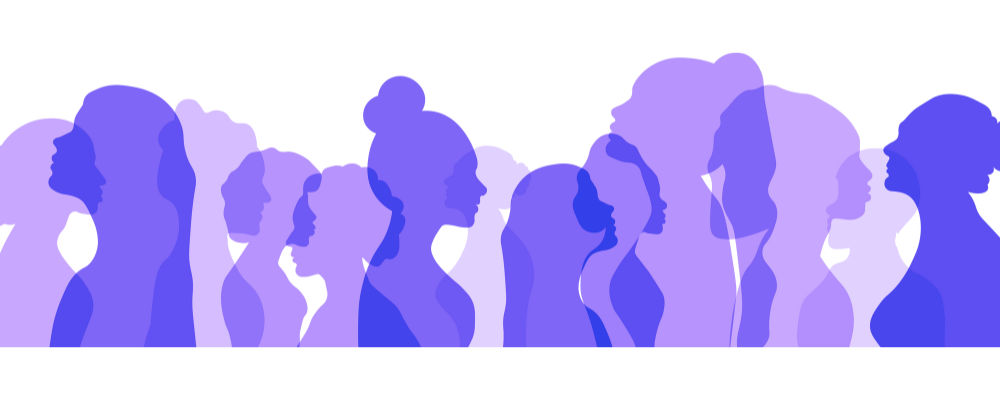The awareness of violence against women continues to be a conversation worldwide.
Women have faced inequality for their gender since America was formed. Even after eras, movements, and passed laws, they still face acts of injustice and violence in America. This ranges from being chased down by random men they don’t know, to simply being abused at home by their own family members.
“On average, more than 5 women or girls are killed every hour (or one every 11 minutes) by someone in their own family,” Dr. Ewelina U. Ochab, an author and lawyer, claims.
Women have felt unsafe for years, in their own country in which they call home.
As one woman, who wished to remain anonymous, stated, “I think it is taking a population that is already oppressed and marginalized, and oppressing it even more.”
Violence can easily extend into intimate partner relationships, where the abuse may become even more personal and controlling. It’s estimated that about 51% to 75% of women who have experienced intimate partner violence are most likely to develop PTSD (Post Traumatic Stress Disorder). This is a mental health condition that can be triggered by trauma, and over half of our women are suffering from it.
“My marriage started off fine,” says Charity Lindsay, who works as a librarian at Bethel High School. “Then it slowly progressed to being manipulative and then with the emotional abuse, and the sexual abuse, and the physical abuse. “
A reporter from Bethel’s Bear Facts ran a poll among 53 students at the school, asking for their views on violence against women. Most of the results had something in common, with 96% of respondents agreeing on one key point: violence against women is a significant issue in the United States.
736 million women have been in a situation where violence has occurred. This being from an intimate relationship, or non-partner sexual violence. That’s about 30% of our women. The disturbing statistic surrounding intimate parter and sexual violence serve as a reminder of the urgent need for efforts to address this ongoing issue. The same can be said about family violence, where the perpetrators are often individuals in the family of the victim. It’s crucial to understand that violence within any family setting is a deeply troubling issue.
“My father was extremely abusive to my mother and to me.” Ms. Lindsay continued, “It was emotional, sexual, physical, mental.”
While family abuse often creates a cycle of trauma, many women continue to suffer in silence, too afraid or ashamed to speak out about their experiences. Data reveals that about 77% of women have kept silent about their abuse, whether that reasoning being that they’re too ashamed, scared, or simply hopeless.
the same woman, who preferred to remain anonymous, stated, “Sometimes it can be lack of resources, lack of support. Sometimes life has taught us that’s how we’re supposed to be treated. Until we see something different, we accept it. […] sometimes we’re just scared .”
“A change will only come” contributor, author, and lawyer, Dr. Ewelina U. Ochab stated, “ when everyone in society realizes their important role in ending violence against women and girls.”


